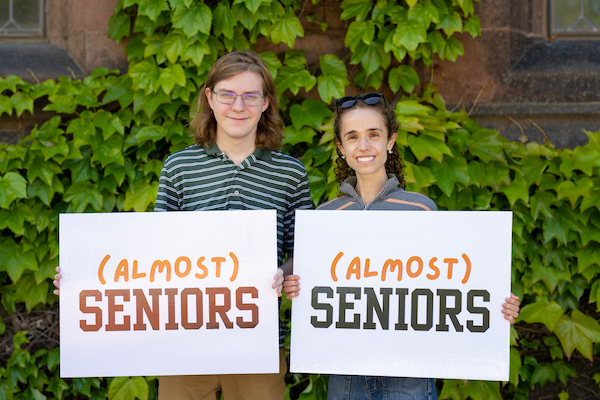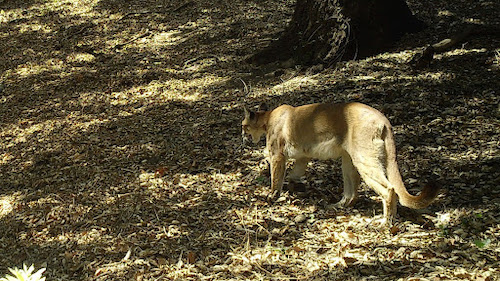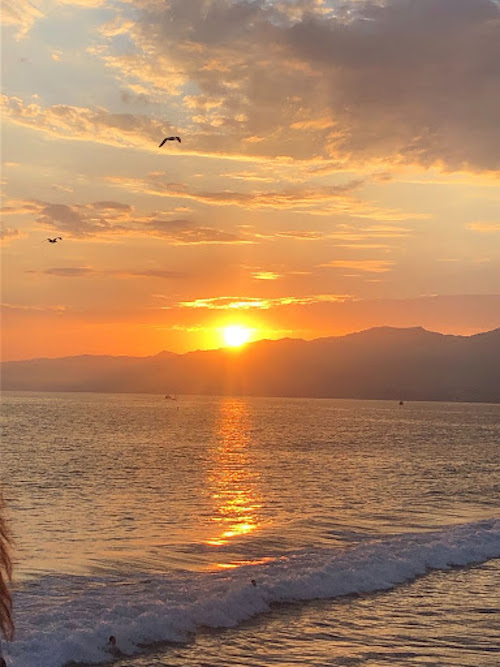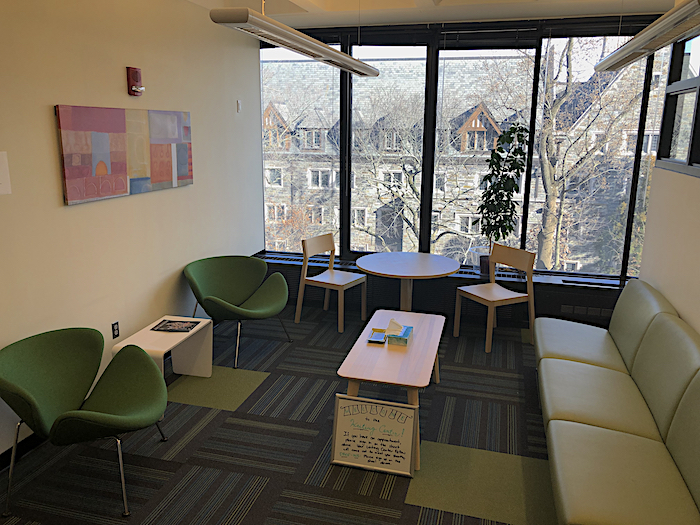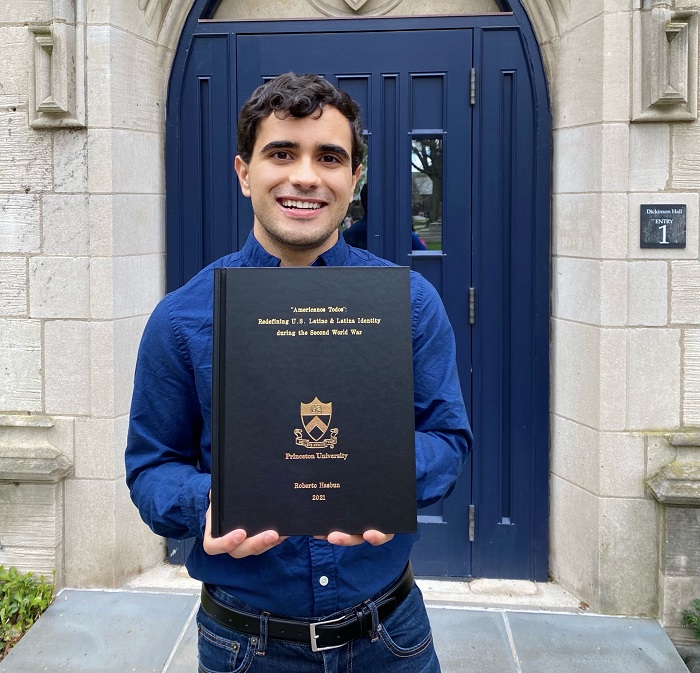In the thick of my thesis and deep in finals preparation, graduation feels like a very distant prospect at the moment. But come May, I will be donning my cap and gown to process through Fitzrandolph Gate as a new alumna. Seniors are preparing now for life outside the Orange Bubble, and there are many different options to consider. What do Tigers do after graduation?
Some students enter the workforce directly after graduating. My friend Ben, for instance, was offered a position at the company where he interned over the summer. Other students meet potential employers through events like the HireTigers career fair or through the website Handshake. The Center for Career Development is always available to help search for jobs, refine your resume, and conduct mock interviews.
Other students, around 20% in recent years according to the Daily Princetonian, continue their studies in graduate school. This could be a master's program, doctoral program, medical school, or law school. A master's program is generally one to two years and consists mainly of specialized courses. My friend James, for instance, intends to do a one-year master's before becoming a practicing structural engineer. A doctoral program is a longer commitment, typically 5-6 years, that consists of courses and then several years of research.
Some students apply for special one to two year fellowships, like the Rhodes, Marshall, or Gates Cambridge, that provide funding for research experiences. These are often country or university-specific. The Gates Cambridge, for instance, is for several years of graduate study at the University of Cambridge in England. The Office of International Programs hosts information sessions on campus for each of these throughout the year for interested students.
Through my research experiences at Princeton, I've discovered that I really enjoy the problem-solving process of academic research, and I know I'd like to pursue a Ph.D. after graduation. Throughout the summer and fall, I researched different potential programs and advisors in order to prepare my applications for doctoral programs. Most are due mid-December, and I'll hear back in March (stay tuned).
While my preparations for life post-graduation are well underway, I fully intend to cherish my last semester and all its traditions. I'm truly looking forward to all that this coming semester will bring.







